Health Outreach Program for the Elderly (HOPE)
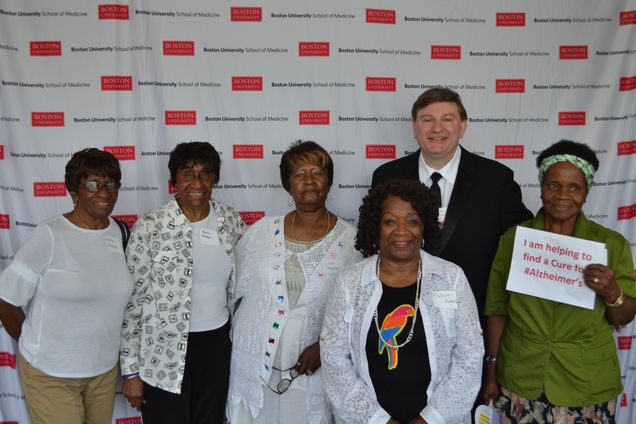 The Health Outreach Program for the Elderly (HOPE) Study
The Health Outreach Program for the Elderly (HOPE) Study
The Health Outreach Program for the Elderly (HOPE) study, funded by the National Institute on Aging (NIA), is a long-term study of memory and aging. HOPE is a community-based resource that is intended for people with and without memory concerns. Participants will complete annual visits to assess their memory and other thinking skills. Following their visit, participants will receive feedback about their results and will have the opportunity to speak with a clinician. HOPE allows participants to play a more active role in their own healthcare. This study aims to collect a longitudinal set of data on a large, diverse group to advance our knowledge on the diagnosis, prevention and treatment of Alzheimer’s disease and related disorders. We are also recruiting participants with a history of contact sports to help us understand how repetitive head impacts affect a person’s risk of developing later-life neurologic disorders. Locations in Boston and Needham
You may be eligible to participate if you:
- Are 65 years of age or older without memory concerns or
- Are 50 years or older with memory concerns
- Have a caregiver or study partner who can accompany you to your annual study visit
Since little is known about Alzheimer’s disease in African American families, a priority of this project is to enroll African Americans. This research will help ensure African Americans benefit from new developments in diagnosis and treatment.
What happens during the study?
Participants will be asked questions about family and medical history, and will undergo some tests of memory and concentration. A physical and neurological exam will be performed as well. Participants will be asked to return yearly for a follow up visit. A caregiver or study partner, someone who knows the participant well, will be asked to accompany the participant at each yearly visit.
Brain Tissue Donation: Participants in the HOPE study are asked to consider donating brain tissue after death. Research using brain tissue helps scientists discover treatments for Alzheimer’s disease and other memory-related disorders. The results of the brain examination will be made available to your family.
Where is this study taking place?
Boston University Medical Center
Wingate Residences in Needham
Meet the team
-
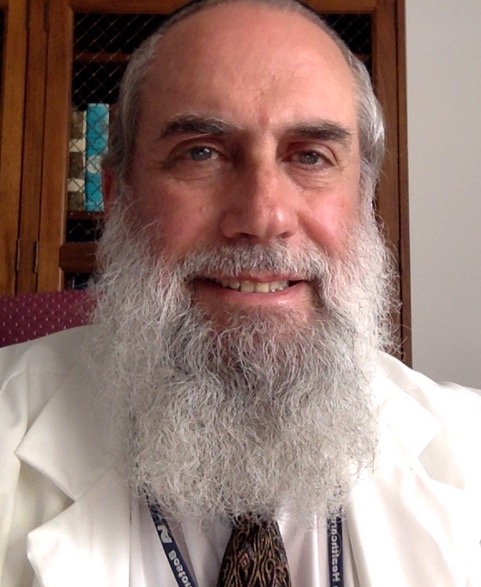
Neil Kowall
Director Amorous of the BU ADRC
-
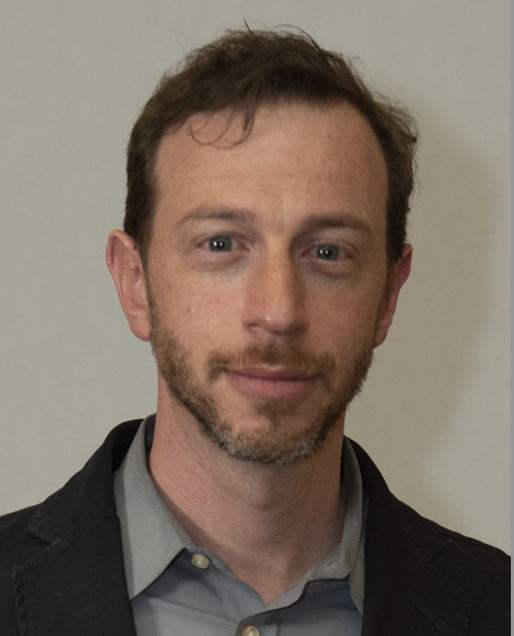
Jesse Mez
Associate Director, BU ADRC
Associate Professor of Neurology
Co-Director, Clinical Research, BU CTE Center
Leader, Clinical Core, BU ADRC
Investigator, BU CTE Center
Co-leader, Framingham Heart Study Brain Aging Program Clinical Core -
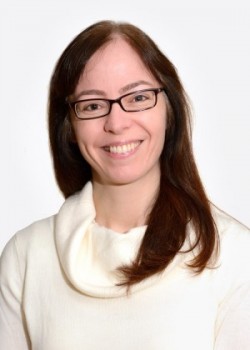
Karin Schon
Assistant Professor, Department of Anatomy & Neurobiology
-

Dean Sheppard
Research Coordinator
-

Eric Steinberg
HOPE Study Project Manager
-
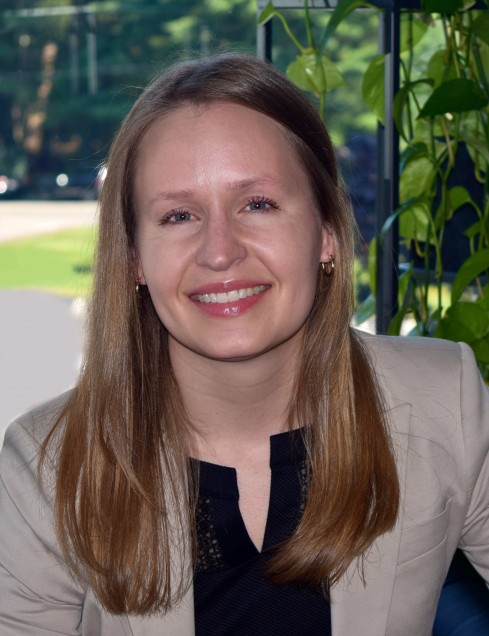
Elizabeth Vassey
Clinical Core Investigator, ADC Clinical Core
Assistant Professor of Neurology, Boston University Medical School
What if I am an investigator interested in accessing the HOPE registry for research participants?
Please refer to the Information for Investigators page.
More information
Please call (857) 364-2140 or email JoinADC@bu.edu for more information and to participate.